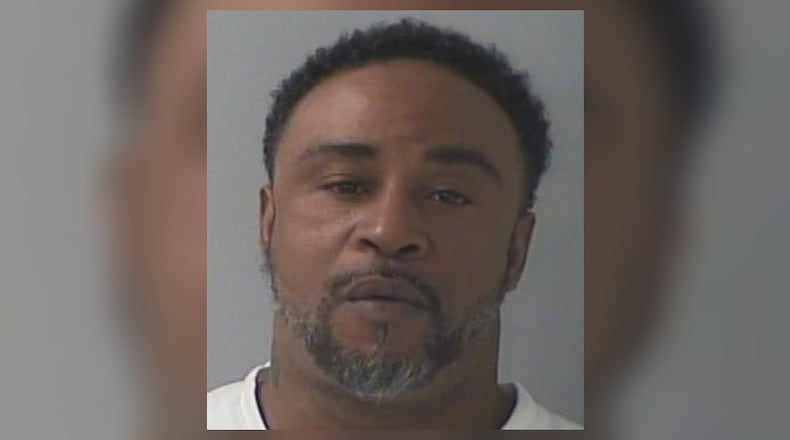Last month he pleaded guilty in Butler County Common Pleas Court to the involuntary manslaughter charges and two counts of corrupting another with drugs. The drug trafficking charge was dismissed.
Judge Keith Spaeth sentenced Quinn on Thursday to an indefinite sentence of eight to 12 years in prison. This means he will serve at least eight years and can serve the full 12 if he gets in trouble while behind bars.
Brandon McQueen, 38, and Rebecca McQueen, 42, were found dead Nov. 20, 2020, in their Auburn Street home by a family member, according to a Middletown Division of Police report. Drugs were found at the residence, including “four lines of a white powdery substance,” according to police.
Quinn was charged with supplying the drugs that resulted in their deaths. He has been held in the Butler County Jail in lieu of a $100,000 bond since his arrest.
The Butler County Coroner’s Office ruled the McQueens died of toxicity from cocaine and fentanyl.
Butler County Prosecutor Michael Gmoser said a supplier being held accountable for a drug death is rare, mainly because it is difficult to get definitive evidence needed to prove a case.
“I have a directive out that we need to take a hard look at these cases,” Gmoser said, adding that he doesn’t like sending messages through the judicial system. “I don’t think it works very well. But frankly, the way to get the message out to the drug dealers is you have got a ticking time bomb with that drug you are selling and if somebody dies, there is going to be some accountability for you.”
Gmoser termed them “tough cases to prove” due to multiple drugs that are often found in the deceased person and the ability to trace a drug purchase to the approximate time of death.
“Drug users are often getting their drugs from multiple suppliers and generally not just one, so that is where the problem arises,” Gmoser said.
In this case, a cell phone trail was key. Gmoser said the data showed there was not a large amount of time between the couple receiving the drugs and their death, so they could not have gone to another dealer to get the drugs that led to their death.
“In this one we have a plea with accountability for killing two people,” Gmoser said.
About the Author

